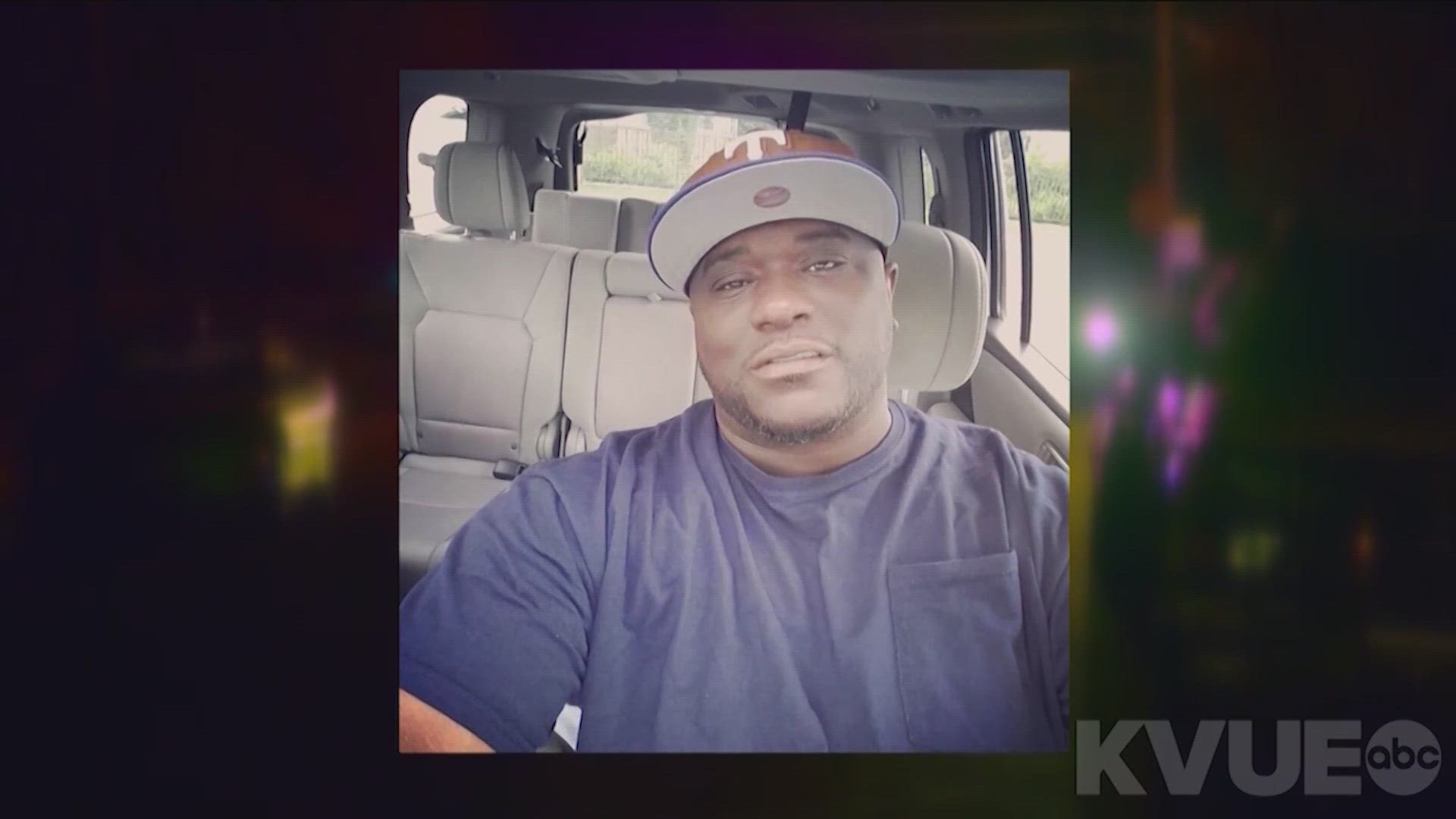AUSTIN, Texas — Jurors listened to expert testimony on use of force training and standards Friday in the trial of two former Williamson County deputies charged with manslaughter for the death of Javier Ambler.
Prosecutors say J.J. Johnson and Zach Camden used excessive force and used a Taser on Ambler multiple times while trying to arrest him after a car chase in 2019. During the arrest, Ambler said he had a heart condition and could not breathe.
The first witness the state brought in on Friday was Roger Clark, a retired police consultant from the Los Angeles County Sheriff's Department.
When Clark testified, the courtroom watched the dash camera footage of the incident. The state asked Clark if he had any opinion as to which of the levels of resistance Ambler posed to Johnson the first time he used a Taser on him. Clark said that Ambler appeared to be compliant at that point and therefore not resisting.
"And under the national standards, was defendant Johnson's Tasing of Javier Ambler consistent or inconsistent with the standards?" the state asked.
"It's inconsistent because there is no level of threat," Clark said.
The defense cross-examined Clark, bringing up the fact that he has only been on this particular case since early February and is not the first use of force expert hired by the state. Defense attorney Doug O'Connell brought up the name of a gentleman named Chuck Joyner, who is a retired FBI agent and a use of force consultant.
"Do you understand that Mr. Joyner told the DA's office that Zach and JJ's conduct was not illegal and it was reasonable?" O'Connell asked.
"No, that's not my understanding," Clark said.
The other witness the state called was Dr. Michael Freeman, a consultant in forensic medicine and epidemiology, who testified on Ambler's medical history, saying that Ambler was not a "healthy man" and reiterating the likely cause of his death as well as repercussions when someone with a heart condition is exposed to additional stress.
During the state's questioning, Freeman said that the first Taser shock could have started a cascade that affected Ambler's heart, or it could have come soon after.
"By far, the most likely cause of his death would have been avoided. In other words, he wouldn't have died. Take away the restraint and there's no evidence he was going to die, that he would have died," Freeman said.
The defense cross-examined Freeman, asking if Ambler was resisting law enforcement.
"He certainly was resisting, you can see it, you've got strong deputies wrestling – not wrestling but trying to manipulate this man's arm and, clearly, he doesn't want to give it up and have it pulled behind him," Freeman said.

